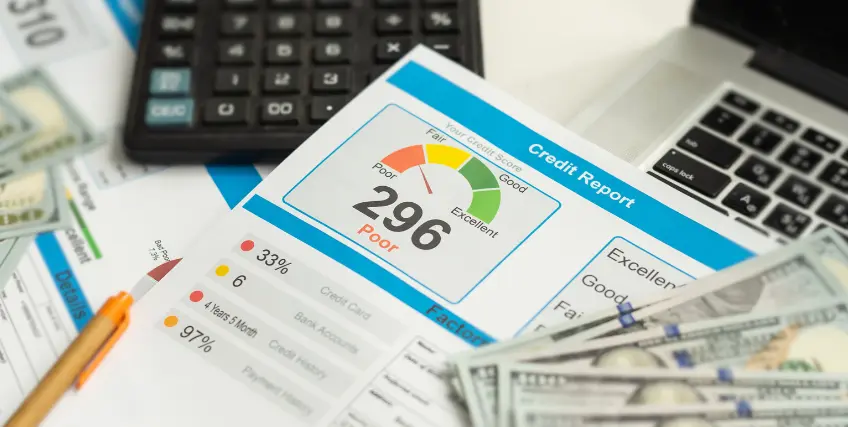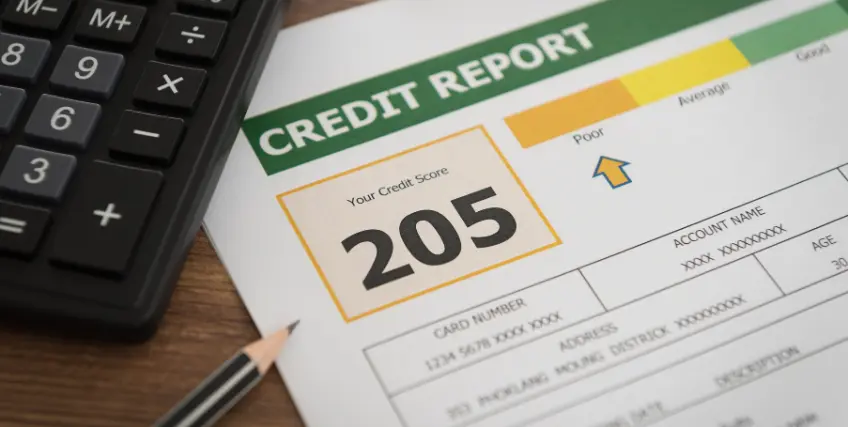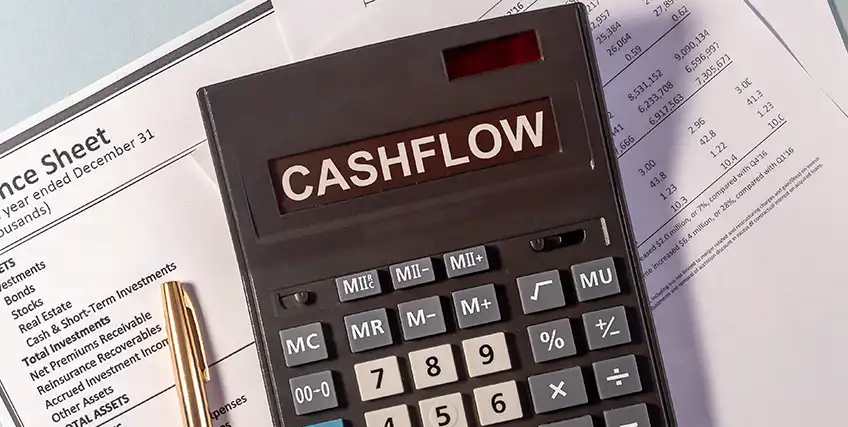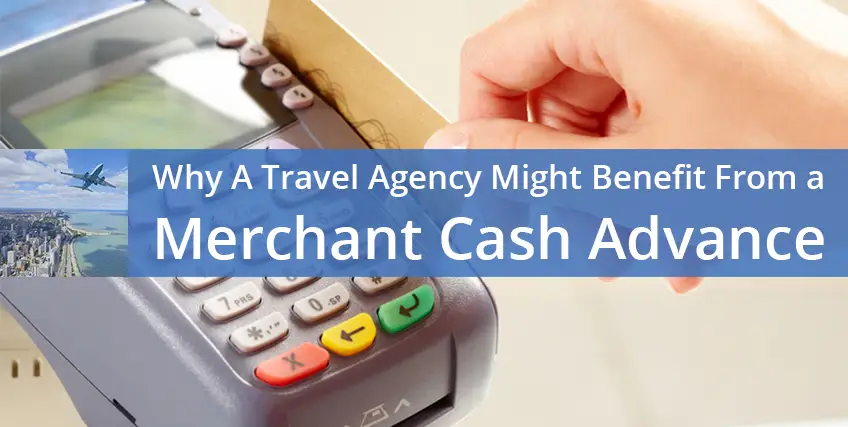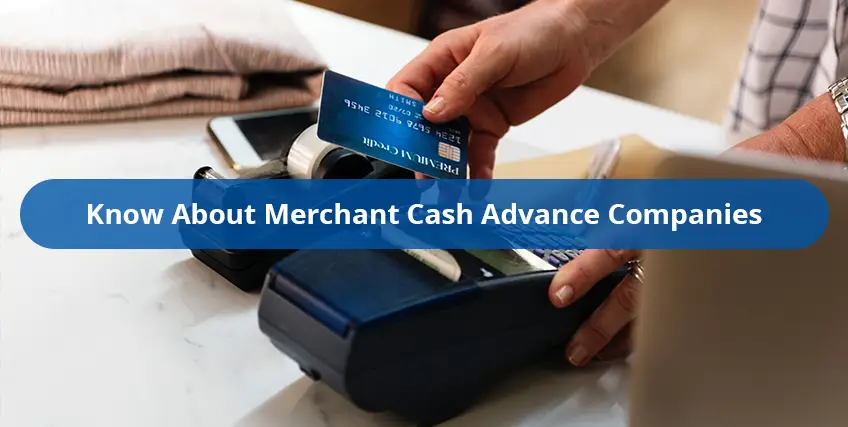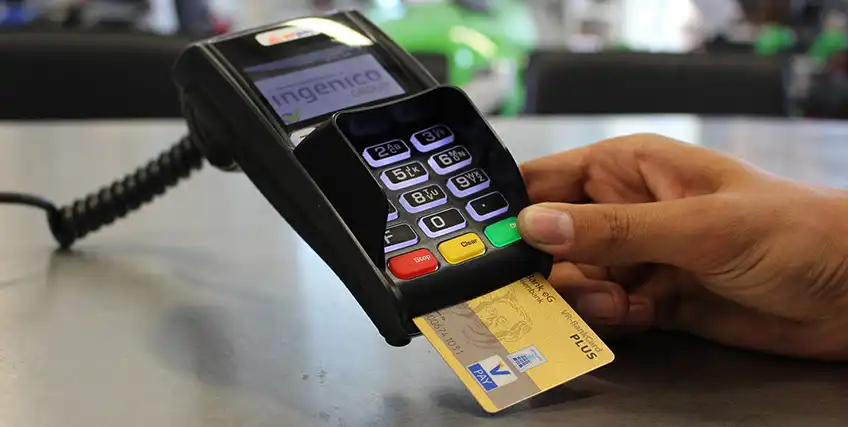What is a Merchant Cash Advance?
January 08, 2025 | Last Updated on: January 08, 2025

Many small business owners in serious need of cash consider merchant cash advances (MCAs). For owners of startups or those with poor credit, an MCA may feel like the only financing option for getting through a cash flow crisis, addressing an urgent need for working capital, dealing with a financial emergency, or for other business needs.
Merchant cash advances technically aren’t loans. Rather, with an MCA, a company purchases your future sales, which you will use to pay them back.
So what is a merchant cash advance? We answer that and more.
In this article:
- Define a merchant cash advance and learn MCA repayment
- Learn the pros and cons of MCAs and other business cash advance financing options.
- Explore some other business funding options that may be better for your business.
What is a merchant cash advance?
A merchant cash advance is an alternative type of financing to a traditional small business loan. With an MCA, a financing company gives you an upfront lump sum of cash that you repay using a percentage of your future credit card sales plus a fee. A merchant cash advance loan isn’t a thing. Instead, a provider purchases your future sales. You use those sales to repay the funds in addition to fees.
You may also like: revenue based financing
Who is a merchant cash advance right for?
Merchant cash advances may be a good solution for small businesses that need capital to cover cash flow issues or immediate expenses.
Be aware: MCAs often come with triple-digit annual percentage rates (APRs). Paying off this type of financing can make it almost impossible for a small business to get out of debt. It’s wise to explore other small business loan options before signing up for one.
MCA repayments typically happen in two different ways:
1. Percentage of debit/credit card sales
The conventional way to handle MCA repayments is to take a percentage of your daily credit card sales. The merchant cash advance provider automatically and regularly (typically daily or weekly) deducts a portion of your debit and credit card sales until the advance cash they provide is repaid in full. This is a big difference from traditional loans, which typically require monthly payments.
Unlike more conventional small business loans, MCAs don’t come with the usual repayment terms. The repayment period is based on your sales. They typically range anywhere from three to 18 months. If your credit and debit card sales are high, you can repay the cash advance relatively quickly.
2. Regular fixed withdrawals from your business bank account
Some MCA providers also withdraw funds directly from business bank accounts. Fixed payments are withdrawn daily or weekly from your account, no matter how much you earn in sales. The fixed payment amount is based on an estimate of your monthly revenue, typically determined by your historical sales.
The benefit of this type of MCA repayment structure is that it allows you to calculate how long it will take to pay the MCA back. It’s typically a better option for companies that don’t have significant debit and credit card sales.
What are MCA rates and fees?
MCA providers charge a factor fee instead of a typical interest rate. They typically range from 1.1 to 1.5, varying based on your:
- Industry
- Number of years in business
- Company financial health
- Level of credit and debit card transactions
- Personal credit score.
Similar to traditional loans, businesses that present greater repayment risk will be assigned higher factor rates and fees.
Be aware: The factor rate also does not include fees MCA providers typically charge, including administrative and underwriting fees, which can be high and will raise your cost of financing.
How do you calculate MCA fees?
To calculate MCA costs, multiply the cash advance amount by the factor rate.
For example, if you are approved for an advance of $100,000 at a factor rate of 1.4, your total repayment amount will be $140,000. You are paying a remarkable $40,000 in factoring fees. That does not include administrative and other expenses that could significantly increase your borrowing cost.
To truly understand the total borrowing cost of an MCA, translate the factor rate and additional fees into an annual percentage rate (APR). This step will also help you determine the time it will take to repay the advance.
Based on the previous example, here’s what that would look like if the MCA provider deducted ten percent of your monthly credit and debit card for a $100,000 advance at a 1.4 factor rate.
If your monthly card sales are $100,000
Payment amount: $666 per day
Repayment length: Seven months
Total repaid (not including administrative fees): $140,000
Estimated APR: 125 percent
If your monthly card sales are $70,000
Payment amount: $466 per day
Repayment terms: Ten months
Total repaid: $140,000
Estimated APR: 87.3 percent
In this instance, paying back the merchant cash advance more quickly results in a higher APR. If your card sales are lower, your APR decreases. However, it takes more time to pay off the debt. In either instance, you will pay the same APR fees.
Although a merchant cash advance may cost more capital in the long run compared to other types of financing, it may still be a good solution for fast funding. Costs vary between MCA providers, so always read the fine print and compare offers to find the best option for your business.
What are the pros and cons of MCAs?
There are some benefits to merchant cash advances, but there are more significant drawbacks.
Pros
- Quick funding: A merchant business cash advance's application process and approval process is typically quick. You can get approved fast, usually with minimal documentation like business bank statements. Many MCA providers can supply funding in as little as one business day.
- Low eligibility requirements: MCA providers may approve financing for small businesses with bad credit, startups, and those with financial difficulties. They will likely consider specific small business loan qualification requirements, but your debit and credit card transactions or business revenue will probably be a more significant factor. Ultimately, the better your qualifications, the lower your factor rate.
- No collateral or personal guarantee: You will not need to put up personal or business assets to back a merchant cash advance.
- Repayment based on sales volume: Unlike other types of small business loans, your payments are based on a percentage of your sales volume rather than a fixed monthly payment.
Cons
- Expensive: The total cost of merchant accounts is relatively high compared to traditional business loans, such as short-term loans or business lines of credit. Standard loan APRs typically range from nine to 99 percent. By comparison, MCA APRs can reach 350 percent depending on various factors, including the lender, size of the advance, fees, repayment time, credit risk, and business revenue.
- Challenging to understand costs: Different from traditional loan interest rates and fees, factor rates make it much more difficult to figure out exactly how much an MCA will cost you.
- Frequent repayments: Merchant cash advances are typically repaid daily or weekly. Payments are deducted directly from your incoming sales or business bank account, which can negatively impact your cash flow.
- Debt cycle risk: The high cost of MCAs, coupled with frequent repayments, often results in a cycle of debt that can only be possible to break out of. This is especially true if you take out additional advances because you can’t qualify for other financing options. Many small businesses fail after taking out multiple MCAs.
- No early repayment benefit: Since you must repay a fixed amount of your credit card payments daily or weekly, you can’t save on interest by repaying early, a common benefit of traditional amortizing loans.
- Confusing paperwork: MCA contracts are often complex. This is especially true when it comes to factor rates and repayment schedules that are based on percentages of your daily sales. Merchant cash advance companies don’t typically provide annual percentage rates in their agreements. This factor makes it challenging to compare MCAs with other types of small business financing.
- No federal regulation: Unlike traditional forms of financing, merchant cash advances, which are considered commercial transactions, are not subject to federal rules. The Uniform Commercial Code of each state governs MCAs. This limited regulation has often led businesses to become the victims of bad actors who leverage questionable marketing and sales tactics that trick people into bad deals.
Be aware: Some states passed laws that have forced transparency on MCA companies in recent years. However, many have not. Providers have historically been criticized for confusing agreements.
What are alternatives to MCAs?
By now, it should be clear that MCAs should be your last resort for financing. You should seek out alternative financing options before you agree to one.
Even if yours is a new business, or if you need a better credit history or need funding quickly, online funding providers like Biz2Credit offer small business financing options worth considering. These include financing that make sense for immediate cash flow needs and financial emergencies, such as short-term loans and revenue-based financing.
You might also consider getting a business credit card, which is often easy to get approved for and is an effective type of business financing for immediate cash needs.
It’s always worth checking out your options. It can help prevent a mistake that could cost you the business you’ve worked hard to build.
FAQs
What is a merchant loan?
If you’re asking, “What is a MCA loan?” or “What is a merchant loan?” then you’re asking the wrong question. Merchant cash advances are not loans. Rather, they’re commercial transactions with a financing company in which the company gives your business an upfront lump sum payment in exchange for a percentage of your future credit card sales, plus fees.
What is a business cash advance?
A business cash advance is another term for merchant cash advance (MCA).
Is an MCA a good small business funding solution?
Because MCAs tend to have extremely high fees, frequent repayment schedules, and confusing terms, they should be considered a last resort funding option for small businesses. With so many online lenders available today, it’s more likely than ever that you can find a short-term business loan to support your business, regardless of your situation.
Frequent searches leading to this page
mca lenders, merchant cash advance lenders, mca business, merchant funding
Recent Articles
Related Articles

Can You Renegotiate Terms on MCA Cash Financing After a Default? What Business Owners Need to Know
November 27, 2024

Business Loan or Merchant Loan? Understanding Loan Options for Your Business
November 25, 2024

Avoiding the Debt Trap: How Stacking MCA Business Financing Can Hurt Your Business Credit
November 7, 2024

Why MCA Business Funding May Be Ideal for Retailers Looking to Expand Inventory
November 5, 2024

Merchant Cash Advance vs. Asset-Based Lending: Which is Right for Your Business?
January 10, 2025

Merchant Cash Advance vs. Traditional Business Loans: Which is Right for Your Business?
January 10, 2025

Merchant Cash Advance vs. Line of Credit: Which is Right for Your Business?
January 9, 2025

5 Things Every Small Business Owner Wishes They Had Known When They Started
January 9, 2025









